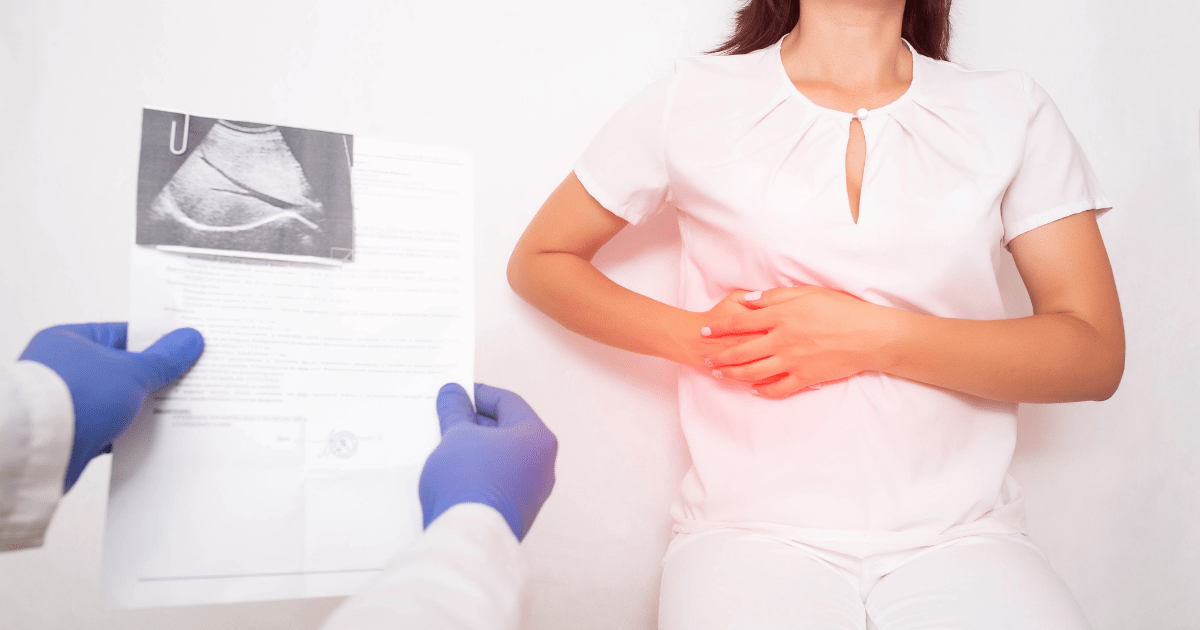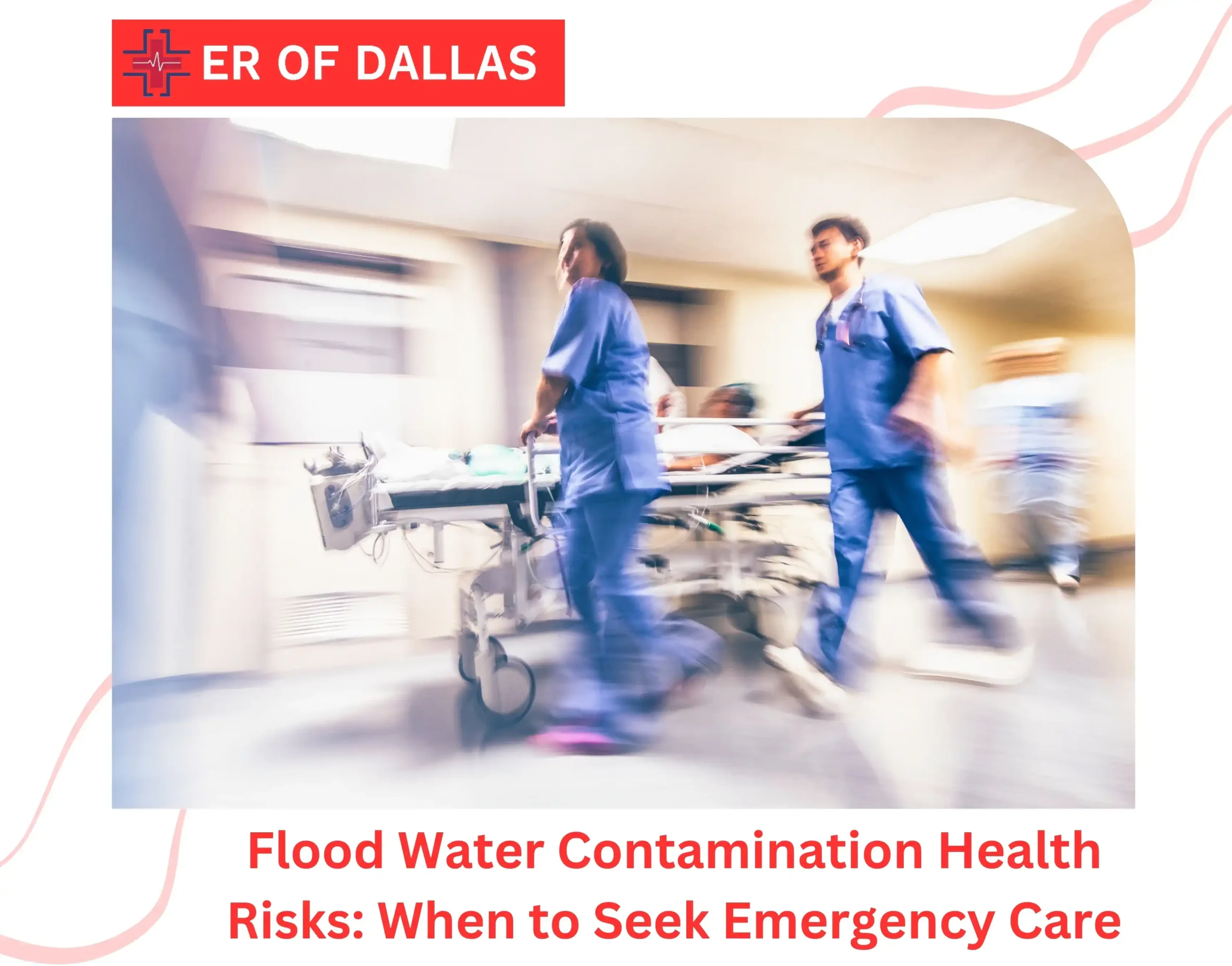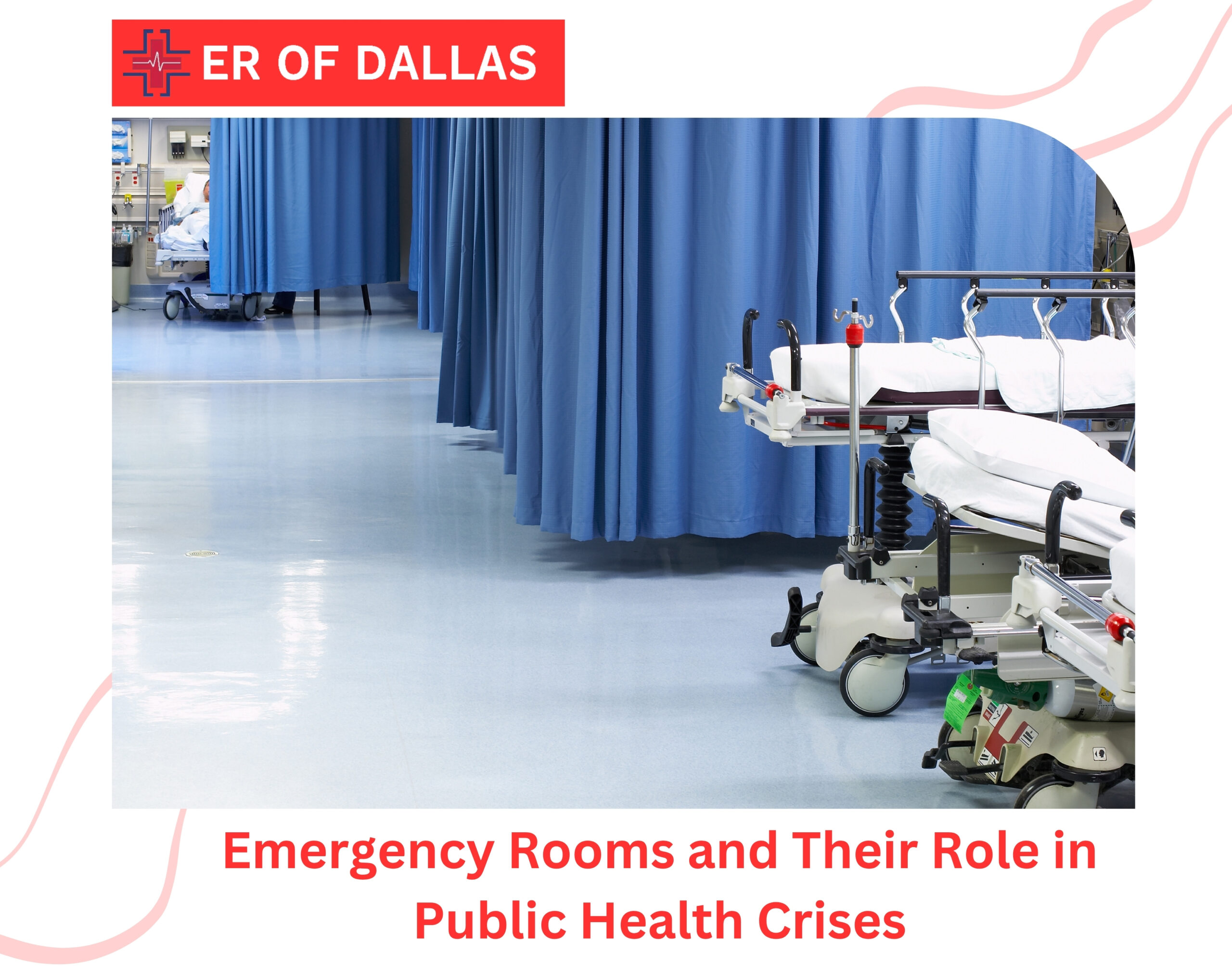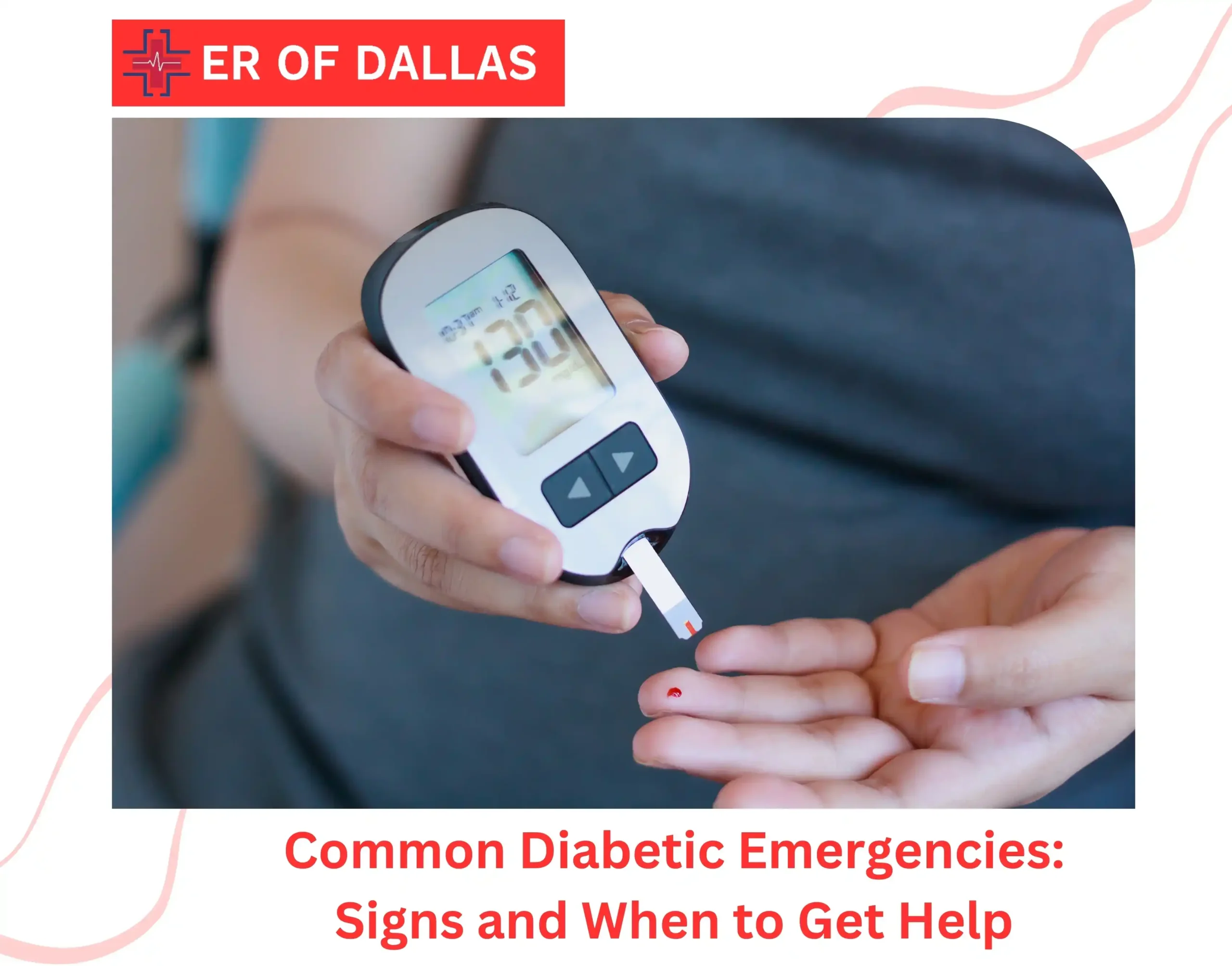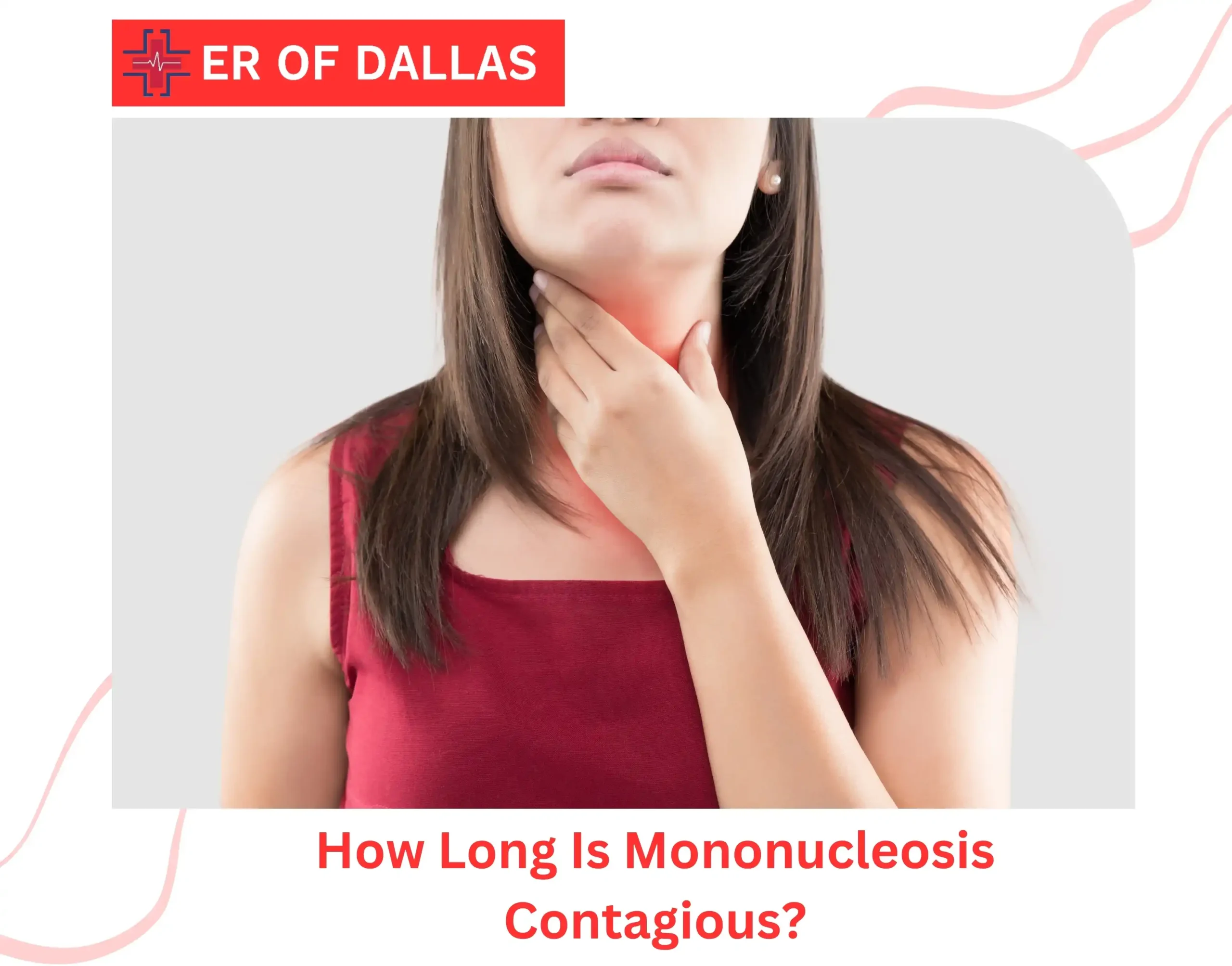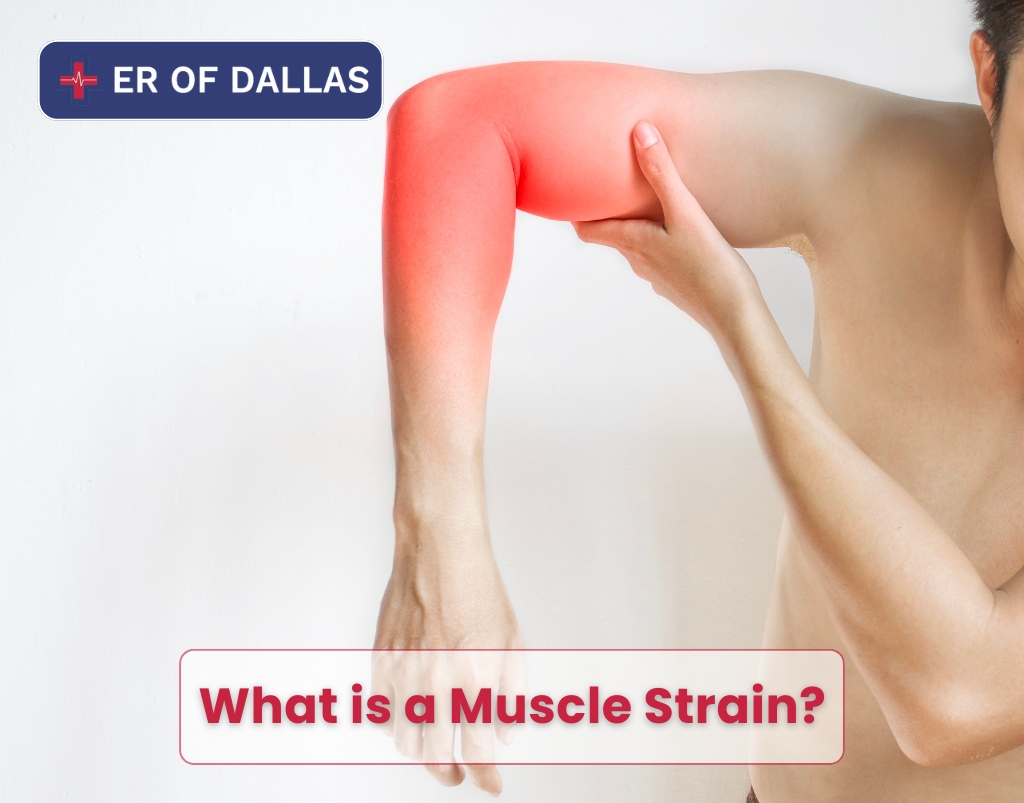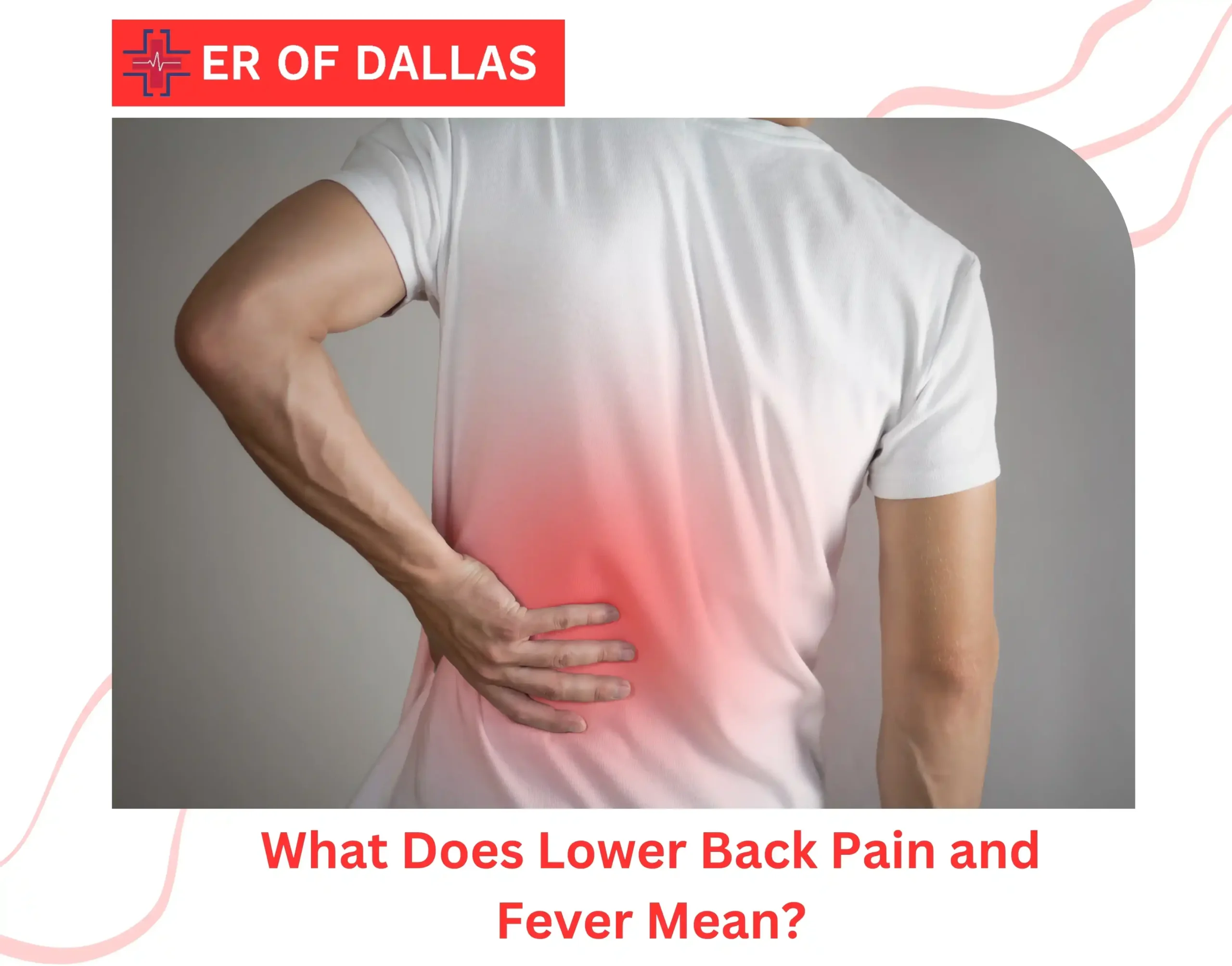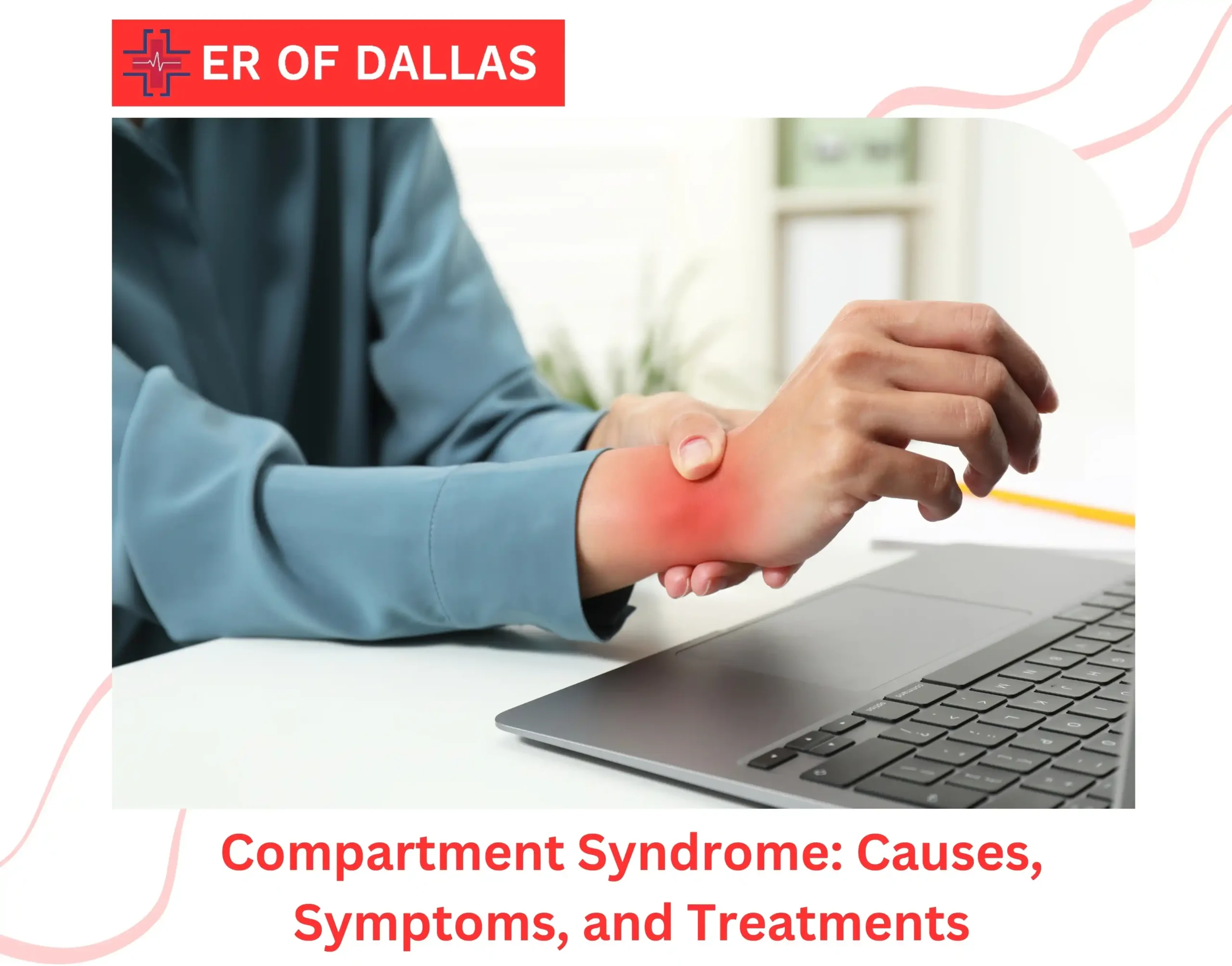Are you suffering from severe abdominal pain? There are many conditions that can cause pain in the stomach, one of the more common causes being a gallbladder attack. If you have been experiencing sudden, sharp pain in your stomach quite frequently in the past few days, there’s a possibility that your gallbladder might be infected or inflamed due to the presence of gallstones.
Gallstones are mainly formed by the excess deposition of minerals, bile salts, or cholesterol in the bile. These stones can get lodged in the bile duct and cause blockage which can lead to an acute gallbladder attack.
Now, there are many instances when you might experience abdominal discomfort or pain throughout your life. So, how to determine if the pain you are feeling is a gallbladder attack symptom and whether you need to go to an ER for an immediate medical checkup? This article will help you know everything about a gallbladder attack.
What is the Function of a Gallbladder?
A gallbladder is a very small organ located near the lower border of your liver. Its primary function is to store the bile secreted by the liver and release it into the upper part of the small intestine when the food enters. The bile helps in digestion by breaking down the fats present in the food.
How to Know You’re Having a Gallbladder Attack?
Many tell-tale signs can help us suspect if our gallbladder’s in trouble. However, many of these gallbladder attack symptoms can be similar to other gastrointestinal problems such as appendicitis, pancreatitis, heart attack, or even cancers which is why it is so important to visit an emergency room to meet a physician who can pinpoint the exact problem and treat it.
Understanding the signs is very important. Many of these symptoms can last for up to 30 minutes to many hours and usually occur in the evenings or after taking a fat-rich meal. The gallbladder attack symptoms include,
- Pain in the upper right abdomen that can increase with time or after every meal
- Pain in the center of the abdomen, just below the sternum
- Pain in your right shoulder or just between your shoulder blades
- Bloating
- Nausea and vomiting
- Fever
- Jaundice – yellow in the eyes and skin
- Loss of appetite
- Sudden weight loss
- Itchiness
What Causes a Gallbladder Attack?
One of the main gallbladder attack causes is the presence of gallstones. These are formed by the deposition of excess bile salts, mineral salts such as calcium or potassium oxalate, or high levels of cholesterol in the bile. There can be many, small-sized gallstones or few, large gallstones that can be present in the gallbladder.
The large ones are particularly problematic as these can get lodged in the bile duct causing the duct to get blocked and not allowing the gallbladder to secrete the bile into the small intestine. The excessive backup of bile in the gallbladder leads to inflammation or infection which are the main causes of severe, acute abdominal pain. This condition is known as cholelithiasis.
The small gallstones do not pose any serious threat and are usually passed out without any aggravating symptoms. However, the presence of these gallstones in the gallbladder for a long period can often lead to calcification or hardening of the stones due to calcium deposits that can cause the gallbladder mucosa to get inflamed, swollen, and infected leading to acute pain in the stomach. In medical terminology, this condition is known as cholecystitis.
Both of the above-mentioned conditions can be acute or chronic and are the primary causes of a gallbladder attack.
When to Seek Help?
If you suspect you are having a gallbladder attack, visit emergency care right away. Finding out the underlying cause for your abdominal pain and getting it treated right away is important especially if you think that your gallbladder might be acting up. If left untreated, the recurrent and frequent bile duct blockages due to gallstones can be life-threatening.
Seek immediate medical help if you or someone you are with is experiencing the following symptoms for more than a few hours,
- Abdominal swelling, distention, or bloating for more than a few hours
- Dark, tea-colored urine and clay-colored stools
- High fever (higher than 101 degrees Fahrenheit)
- Nausea with or without vomiting
- Severe abdominal pain
- Yellowish skin and eyes
What is the Treatment for a Gallbladder Attack?
Gallbladder attack treatment and management are fairly simple. Your doctor will carry out a few tests to diagnose the underlying issue that is causing severe abdominal pain. Usually, an abdominal ultrasound, CT scan, and blood test can help determine the presence of gallstones. IVs, pain relievers, and antibiotics are given to reduce the pain and cure the infection.
If the condition is serious or chronic, your doctor may recommend surgery to remove the gallbladder, also known as cholecystectomy. This is a safe and minimally invasive method. The liver will continue to produce bile that will be directly secreted into the small intestine instead of getting stored in the gallbladder.

